SPOILER ALERT
This is not a love song.
This is not documentary theatre.
Conceived by visual artist and filmmaker Jelena Jureša in collaboration with musicians Alen and Nenad Sinkauz, and dancer-performer Ivana Jozić.
Since its premiere at Kunstenfestivaldesarts, APHASIA has only grown more urgent in the context of today’s escalating global violence. Set in the charged atmosphere of a post-war nightclub, the work explores violence, complicity, and individual responsibility—three decades after the war in Bosnia.
The piece draws on the final chapter of Jureša’s eponymous film. It begins with a single image that is never shown: a photograph from 1992 of a Serbian paramilitary soldier, mid-kick, above a woman on the ground. Years later, that same man reappears in another role—behind the DJ booth in Belgrade’s nightlife. Among the crowd, a woman recognizes him, gradually discerning the face of a war criminal who evaded justice.
Within the nightclub setting, APHASIA becomes a site of confrontation and complicity. Together with the Sinkauz brothers and Jozić, Jureša probes polarization, obedience, and the allure of collective violence. The performance resists illustrative storytelling, instead evoking absence, silence, and the uneasy space between witnessing and participation.
The title, Aphasia, refers to a medical condition that impairs speech and comprehension. Here it functions as a metaphor for the difficulty of articulating collective memory, guilt, and responsibility. The performance’s questions extend far beyond the Yugoslav wars: How do we process violence that resists language? What does it mean to recognize atrocity—yet remain silent?
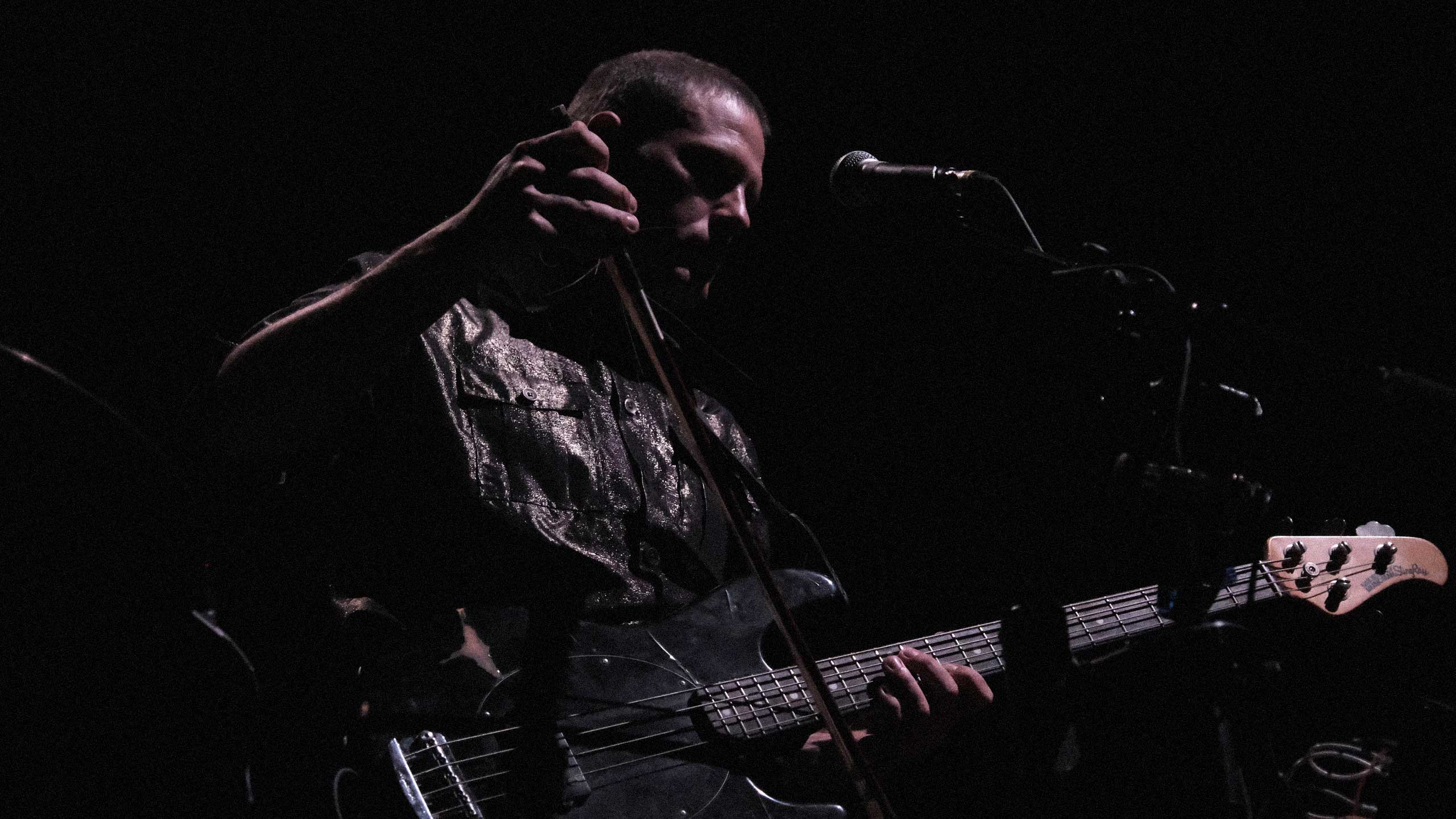
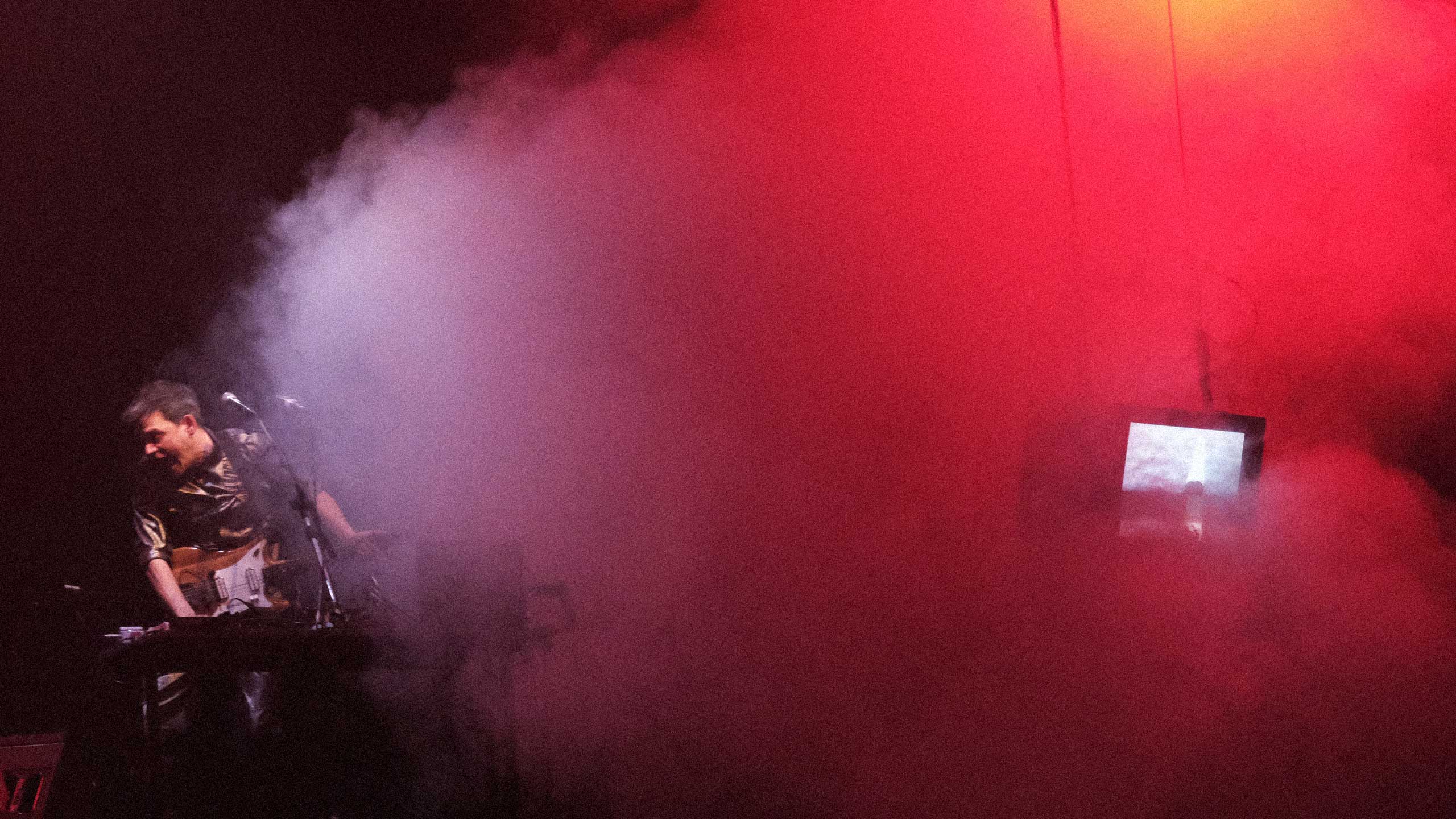
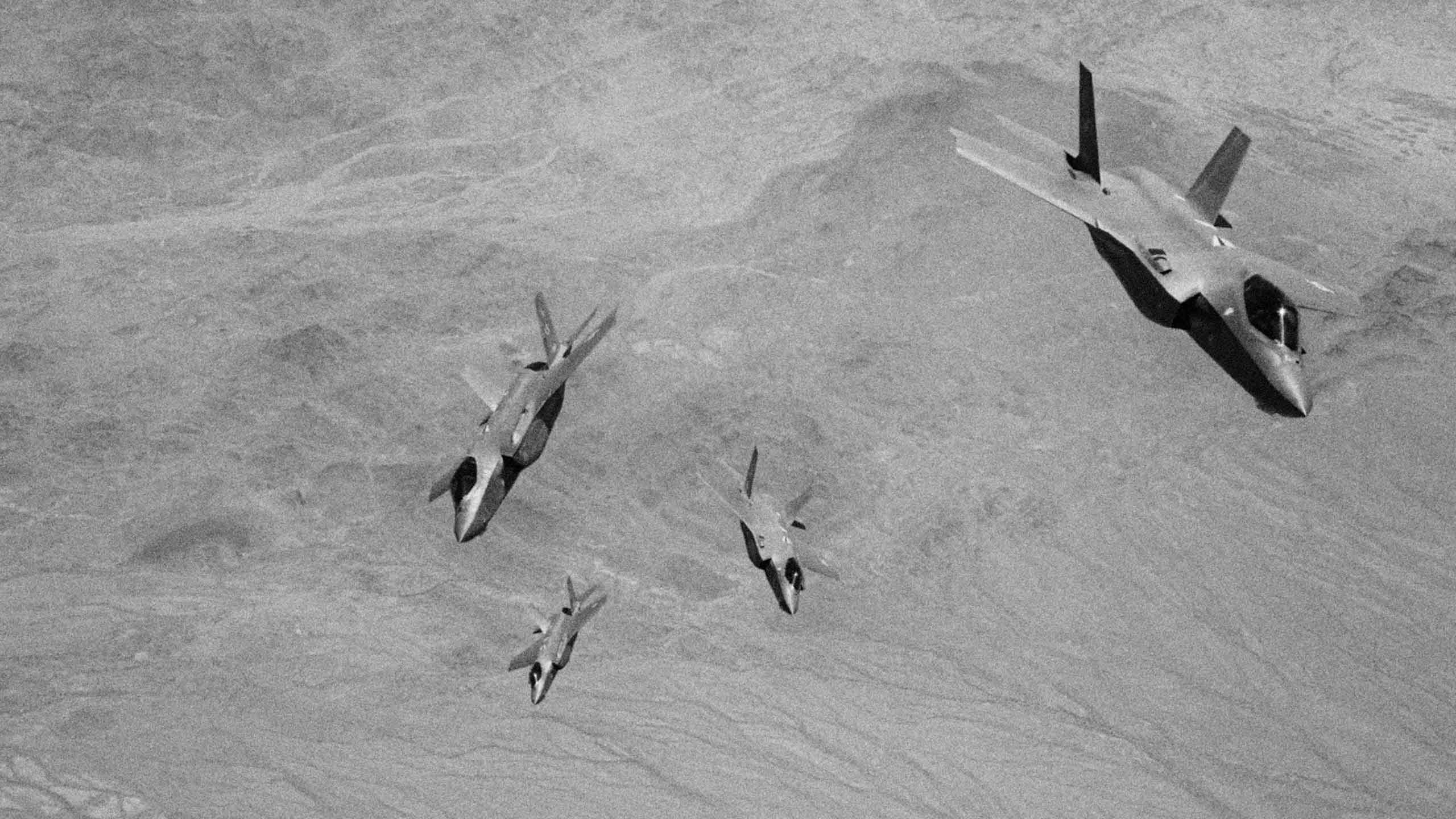
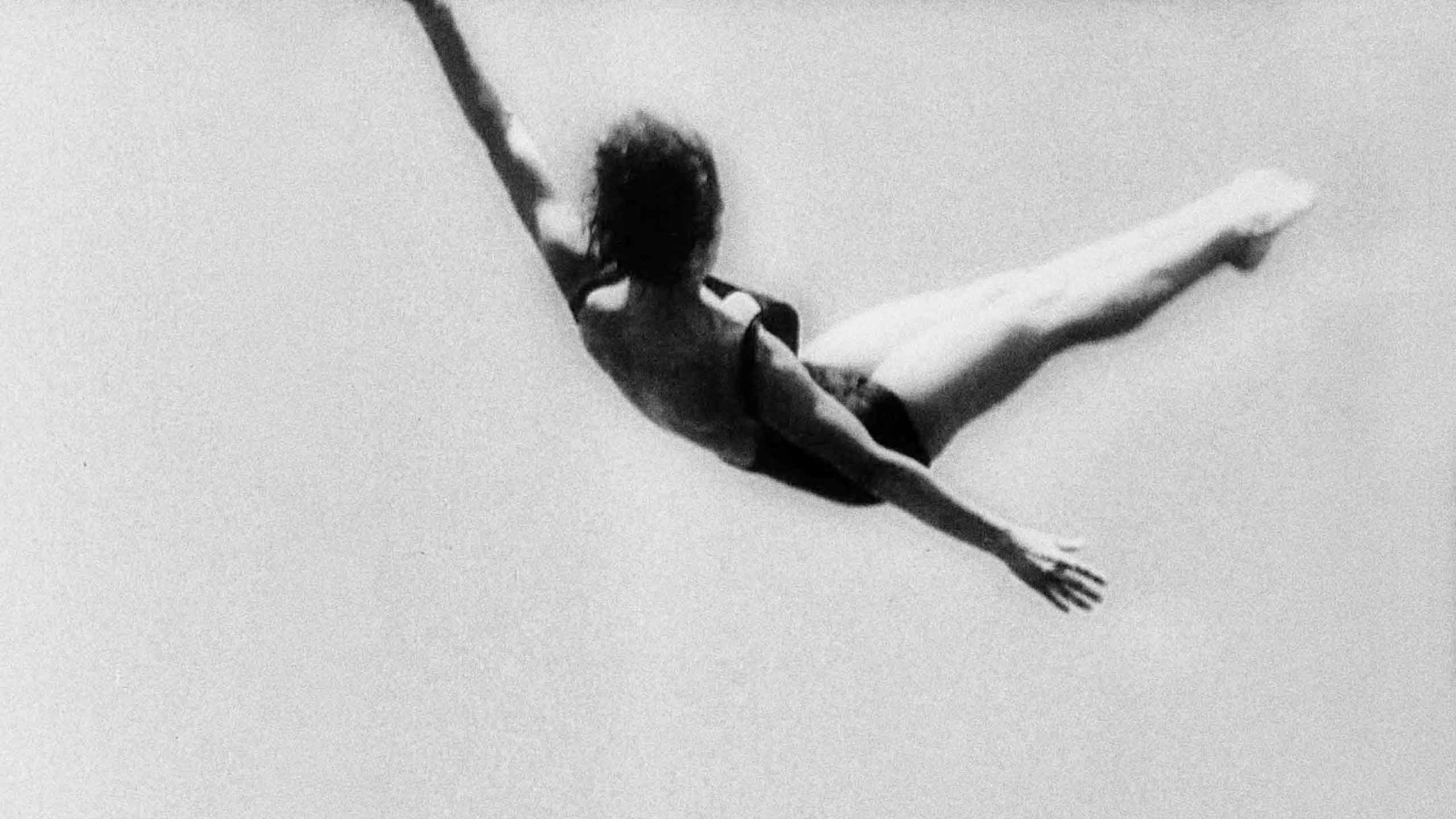
This performance is developed from the film project APHASIA, 2019.
CONCEPT & DIRECTION
Jelena Jureša
CREATED WITH AND PERFORMED BY
Ivana Jozić, Alen Sinkauz, Nenad Sinkauz
MUSIC
Alen and Nenad Sinkauz
CHOREOGRAPHY
Ivana Jozić & Quan Bui Ngoc
TEXT ADAPTATION
Asa Mendelsohn and Jelena Jureša, based on a monologue by Barbara Matejčić (Aphasia film and film installation, 2019)
VOICE COACH
Patrick Campbell
SOUND DESIGN
Hrvoje Pelicarić
VIDEO CONCEPT & EDITING
Jelena Jureša
VISUAL EFFECTS
Dejan Šolajić
DRAMATURGICAL ADVICE
Thomas Bellinck & Sara Oklobdžija
STAGE DESIGN
Stef Stessel
LIGHT DESIGN
Stef Stessel and Simon Neels
COSTUME DESIGN
Anne-Catherine Kunz
COSTUMES REALISATION
Salvatore Pascapè
FILM ARCHIVE
Royal Belgian Film Archive (CINEMATEK), Brussels; Filmarchiv Austria, Vienna; International Criminal Tribunal for the former Yugoslavia (ICTY), The Hague; Österreichische Mediathek, Vienna; ZDF archive Berlin…
SCIENTIFIC ADVICE
Christophe Busch
TECHNICAL COORDINATOR
Maxim Maes
PROGRAMMING
Merel Vercoutere (KAAP)
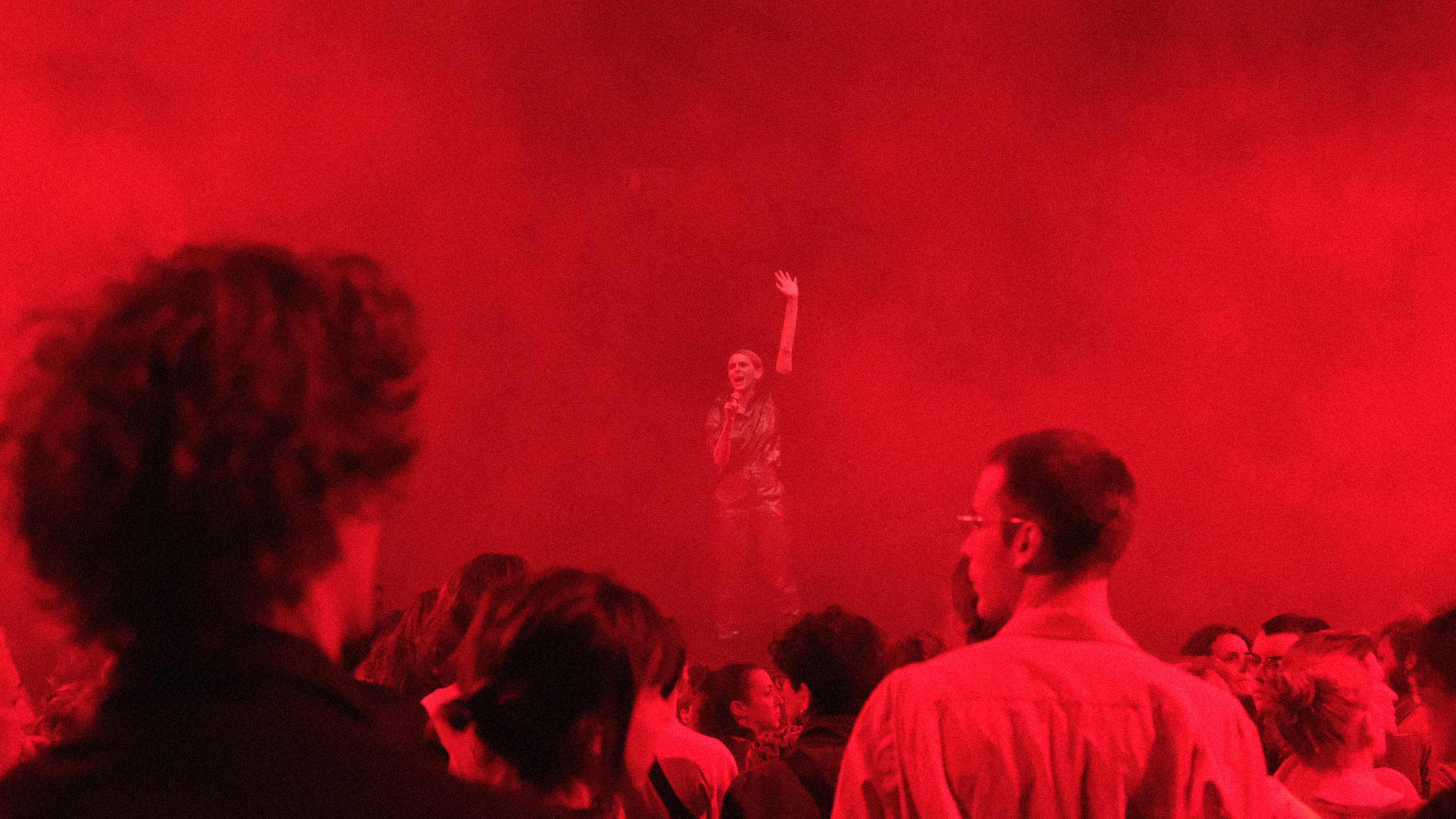
This concert-performance is developed from the third chapter of the film project Aphasia.
Jureša’s film Aphasia traces a continuum of power, racism, injustice, and violence—from Belgian colonialism and Austrian anti-Semitism to the atrocities committed during the Yugoslav wars in Bosnia. The film was co-commissioned by the Contour Biennale, where it premiered in 2019, and was produced by Argos Centre for Audiovisual Arts, which also hosted a solo exhibition of the work that same year.
Since its release, Aphasia has been featured in numerous international venues, including the 2022 Manifesta Biennale, Kunstverein in Hamburg, BAK – basis voor actuele kunst in Utrecht, Budapest Gallery, Display in Prague, Maxim Gorki Theater in Berlin, Cinematek in Brussels, the Museum of Contemporary Art in Zagreb, the Center for Cultural Decontamination in Belgrade, FOMU in Antwerp, De Cinema in Antwerp (MHKA), and DocLisboa. The film received the main award at the 23rd Ji.hlava International Documentary Film Festival.
The film is an unsettling inquiry into the representation of violence and the violence of representation—a highly corporeal documentary gesture in several movements that is deeply personal, political, and perpetually timely. This experimental work explores how collective crimes continue to repeat themselves, reflecting on social and political constellations and exposing the constructed nature of nation-states and national identities. The narrative moves from Belgian colonialism in the first act, to Austrian race experiments and Heimat films in the second, culminating in a third act that brings to life a well-known photograph taken at the onset of the Bosnian war. Building on her meticulous research and close collaboration with the performers featured in the film, Jureša conceptualized and directed this eponymous concert-performance.
Jelena Jureša is a visual artist and filmmaker, born in Yugoslavia who lives and works in Belgium. She has extensively worked with questions of cultural identity, gender, politics of memory, and oblivion through film, video installation, photography and text. In her works, she relates individual stories to collective processes of oblivion and remembrance. She unceasingly questions historical and political narratives and tries to destabilize our ideas of what is true. Over the past several years, her research and focus on practices of oppression—how they operate and implicate us in systems of violence—has resulted in multidisciplinary projects that are, on various levels, as political as they are highly personal.

PRODUCER
KAAP in collaboration with ROBIN
COPRODUCERS
Kunstenfestivaldesarts
ROBIN
De Singel
Workspacebrussels
Hannah Arendt Institute
Developed in Co-laBo
WITH THE SUPPORT OF
Vlaamse Overheid
Royal Academy of Fine Arts (KASK), HoGent
comm’on
PRESENTATION PARTNERS
Kunstenfestivaldesarts
Kaaitheater, Brussels
Kunstencentrum nona, Mechelen
Brakke Grond, Amsterdam
STUK, Leuven
De Singel, Antwerpen
